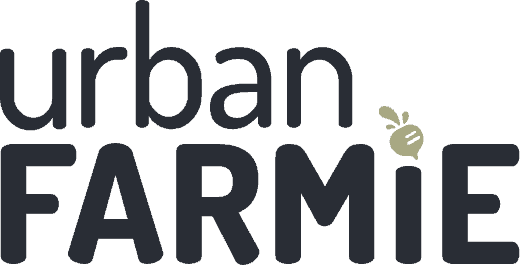Want to learn how to cook but feel like it was too much effort for not-so-great results or that it "never turns out quite right"? Or maybe you think it's much more convenient to eat at a restaurant or get a meal kit though they're more expensive? When I started, I felt overwhelmed with the ingredients you waste after a recipe.
This blog can help you learn to cook
Before I moved to the US, I grew up with an incredible love for food, and saw being able to cook for someone else as an expression of love. I had also never taken a cooking class or really, ever learned how to cook.
I was (am) also a management consultant with a crazy schedule. Most weeks in a year, I'm flying out on Monday morning, staying in a hotel for the week, and flying back Thursday night. So by the time the weekend rolled around, cooking often seemed like a herculean task. But, I started cooking more and the meals started tasting better. Two reasons:
- I never used recipes (funny, because I now write a food blog).
- More importantly: I made cooking a habit ... and a necessity. I loved cooking, had student loans, and didn't want to eat out all the time.
Recipes are why most people never learn how to cook!
I know, I know - this is a food blog, with plenty of recipes, but hear me out. With smartphones, tablets, and home assistants, it's super easy to say, "Okay Google, find me a recipe for avocado tacos". But what follows is a really inefficient process that doesn't really leave you with translatable skills - something called cognitive offloading.
Let's start with the obvious. Recipes often call for very specific amounts of ingredients. Then, you're left with leftovers that you now have no idea what to do with. Half a can of tomato paste + half a red pepper equals a lot of stuff going into the trash. If you don't have tomato paste handy, check out these tomato paste substitutes.. Yep, been there.
Then, the actual recipes themselves. I often read recipes over and over, and get increasingly stressed about it. Eventually, I'll realize the recipe was not constructed very well. Then, I'll end up with boiled mashed potatoes going cold on the counter when it should have been cooked later. Finally, the worst part. I finish cooking and the end product is nothing like what it was supposed to be, based on the recipe. And no recourse on how to fix it.
Recipes are helpful, to put the skills you're learning into use. But they're not helpful for actually learning the skills in a sustainable way. So, letting go of recipes is like taking the training wheels off. Just do it!
You learn to cook like you master a video game: step-by-step and often enough to get to the next level.
My friends often comment that they would never be able to cook how I do. What they mean is, fluidly without recipes, with an ability to course correct when something goes wrong.
I respond by saying that I felt the same way about Mario Kart. Eventually, I figured out how to "draft" i.e. drive behind another player to get a bit of a boost. Once I mastered that, I learned to hold on to items instead of just using them right away. There's no silver bullet to mastering Mario Kart because what it actually takes is a series of hacks.
Cooking is the same way
To learn how to cook, you need to start thinking of cooking as a library of hacks, skills, and tricks. Then, it gets easier to see how each skill and hack layer to produce a great finished product. The reason people get frustrated is because they learn them in the wrong order.
This website has recipes, no doubt. But the focus is on deconstructing cooking into a series of simple skills and hacks so it becomes a habit. Read more on the principles page.
You only need to know three things
- Techniques and substitutions to master plant-based cooking: from moist-heat (i.e. boiling) to the right ways to use chickpeas as a primary protein, you just need to learn a few basic hacks. This page has a series of simple cooking skills and hacks so it becomes a habit.
- Ingredients: Next, once you know the basic techniques, you're ready to apply them to ingredients. There are only so many ways to cook any given ingredient – you can puree, roast, braise, boil, etc. On this page, you can find all the ways to cook that ingredient, spice combinations that make them delicious, as well as other ingredients that pair well with what’s in season.
- Cuisines & Flavor Profiles: Different cultures have different flavor profiles that are unique to them. Once you've mastered the techniques and the way to apply those techniques to different ingredients, find information on the herbs, spices and specific techniques by culture so you can assemble the perfect dish.
Additionally, this blog also has a series of tips and tricks, and seasonal guides to help you figure out different ways to cook what's in season!









